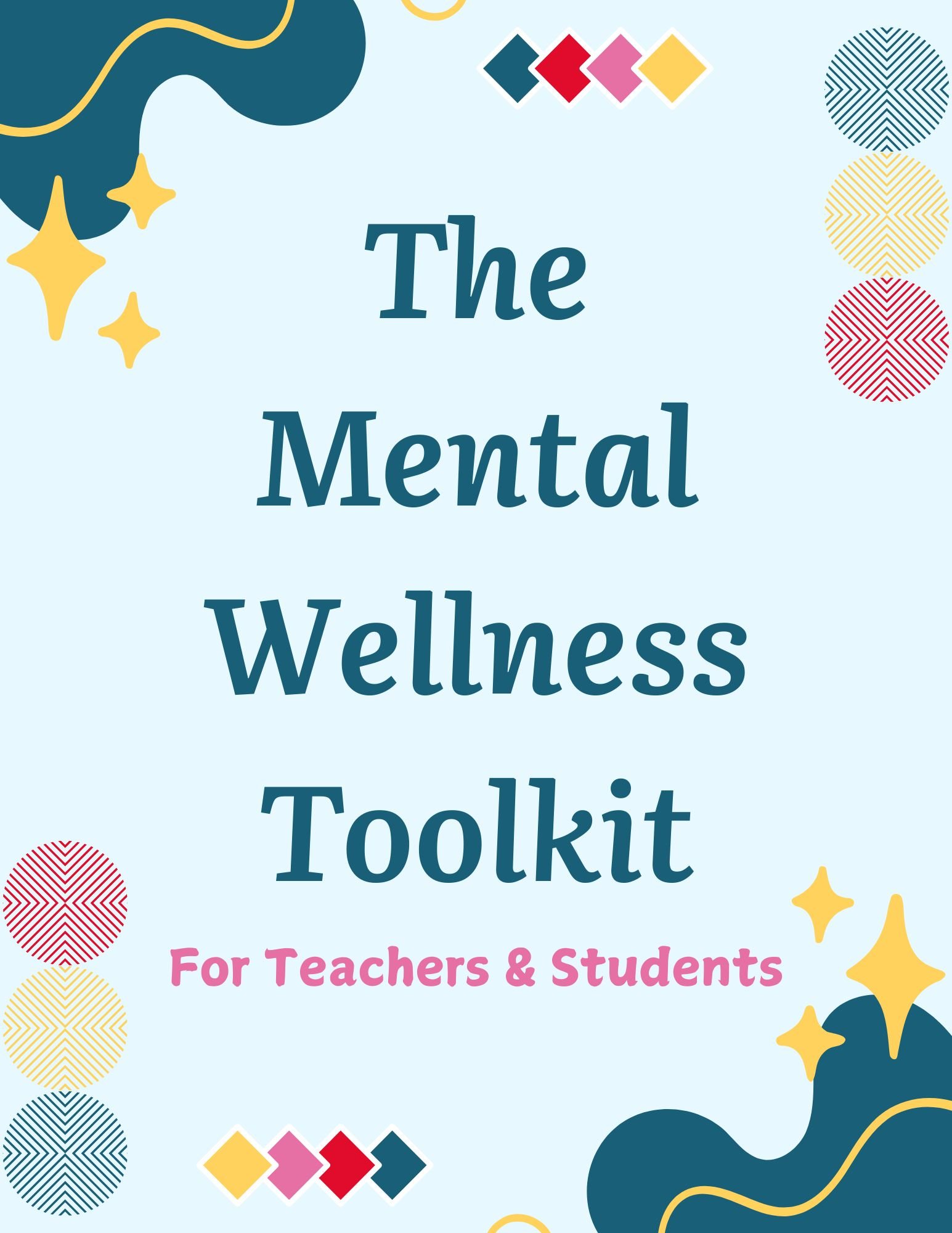 Image 1 of 1
Image 1 of 1


The Epic Road To Resiliency
The “Epic Road to Resilience” PDF is a comprehensive toolkit designed to help young people develop resilience and improve their mental health. It provides detailed explanations, activities, and strategies aimed at enhancing resilience in various aspects of life. The toolkit emphasizes the importance of resilience, explaining that it involves coping with life’s ups and downs and bouncing back from adversity. It also clarifies misconceptions about resilience, ensuring young people understand that it is not about enduring harmful situations silently but about growing and developing new skills.
Key Sections and Features:
1. Understanding Resilience:
• Defines resilience and its importance.
• Clarifies what resilience is not, emphasizing the need for communication and support.
2. Qualities Associated with Resilience:
• Lists qualities like self-esteem, self-efficacy, trust, and attachment.
• Explains how these qualities contribute to resilience.
3. Risk and Protective Factors:
• Identifies risk factors like family dysfunction, individual behavior, peer relationships, school environment, and community issues.
• Highlights the importance of positive and caring relationships.
4. Benefits of Resilience:
• Explains how resilient young people are more hopeful, confident, and capable of overcoming challenges.
5. Assessing Resilience:
• Introduces Edith Grotberg’s three sources of resiliency: “I Have,” “I Am,” and “I Can.”
• Provides a framework for understanding and building resilience.
6. Building and Developing Resilience:
• Outlines protective factors and offers practical advice for schools and youth organizations.
• Includes activities and lesson plans to develop skills, set goals, and handle challenges.
7. One Good Adult:
• Emphasizes the importance of having one supportive adult in a young person’s life.
• Provides guidelines for adults to support and promote resilience in young people.
8. Practical Activities and Lessons:
• Contains a variety of activities, such as goal setting, problem-solving scenarios, and recognizing strengths.
• Each activity includes detailed instructions, learning intentions, and necessary resources.
9. Five-a-Day for Resilience and Mental Health:
• Suggests daily activities to boost resilience, such as staying connected, contributing to the community, and maintaining physical health.
10. Evaluation and Reflection:
• Encourages young people to reflect on their experiences and learn from them.
• Includes evaluation sheets to assess the impact of activities.
This toolkit serves as a valuable resource for educators, youth workers, and parents aiming to foster resilience and mental well-being in young people. It combines theoretical insights with practical exercises, making it an effective guide for building a resilient mindset.
The “Epic Road to Resilience” PDF is a comprehensive toolkit designed to help young people develop resilience and improve their mental health. It provides detailed explanations, activities, and strategies aimed at enhancing resilience in various aspects of life. The toolkit emphasizes the importance of resilience, explaining that it involves coping with life’s ups and downs and bouncing back from adversity. It also clarifies misconceptions about resilience, ensuring young people understand that it is not about enduring harmful situations silently but about growing and developing new skills.
Key Sections and Features:
1. Understanding Resilience:
• Defines resilience and its importance.
• Clarifies what resilience is not, emphasizing the need for communication and support.
2. Qualities Associated with Resilience:
• Lists qualities like self-esteem, self-efficacy, trust, and attachment.
• Explains how these qualities contribute to resilience.
3. Risk and Protective Factors:
• Identifies risk factors like family dysfunction, individual behavior, peer relationships, school environment, and community issues.
• Highlights the importance of positive and caring relationships.
4. Benefits of Resilience:
• Explains how resilient young people are more hopeful, confident, and capable of overcoming challenges.
5. Assessing Resilience:
• Introduces Edith Grotberg’s three sources of resiliency: “I Have,” “I Am,” and “I Can.”
• Provides a framework for understanding and building resilience.
6. Building and Developing Resilience:
• Outlines protective factors and offers practical advice for schools and youth organizations.
• Includes activities and lesson plans to develop skills, set goals, and handle challenges.
7. One Good Adult:
• Emphasizes the importance of having one supportive adult in a young person’s life.
• Provides guidelines for adults to support and promote resilience in young people.
8. Practical Activities and Lessons:
• Contains a variety of activities, such as goal setting, problem-solving scenarios, and recognizing strengths.
• Each activity includes detailed instructions, learning intentions, and necessary resources.
9. Five-a-Day for Resilience and Mental Health:
• Suggests daily activities to boost resilience, such as staying connected, contributing to the community, and maintaining physical health.
10. Evaluation and Reflection:
• Encourages young people to reflect on their experiences and learn from them.
• Includes evaluation sheets to assess the impact of activities.
This toolkit serves as a valuable resource for educators, youth workers, and parents aiming to foster resilience and mental well-being in young people. It combines theoretical insights with practical exercises, making it an effective guide for building a resilient mindset.






